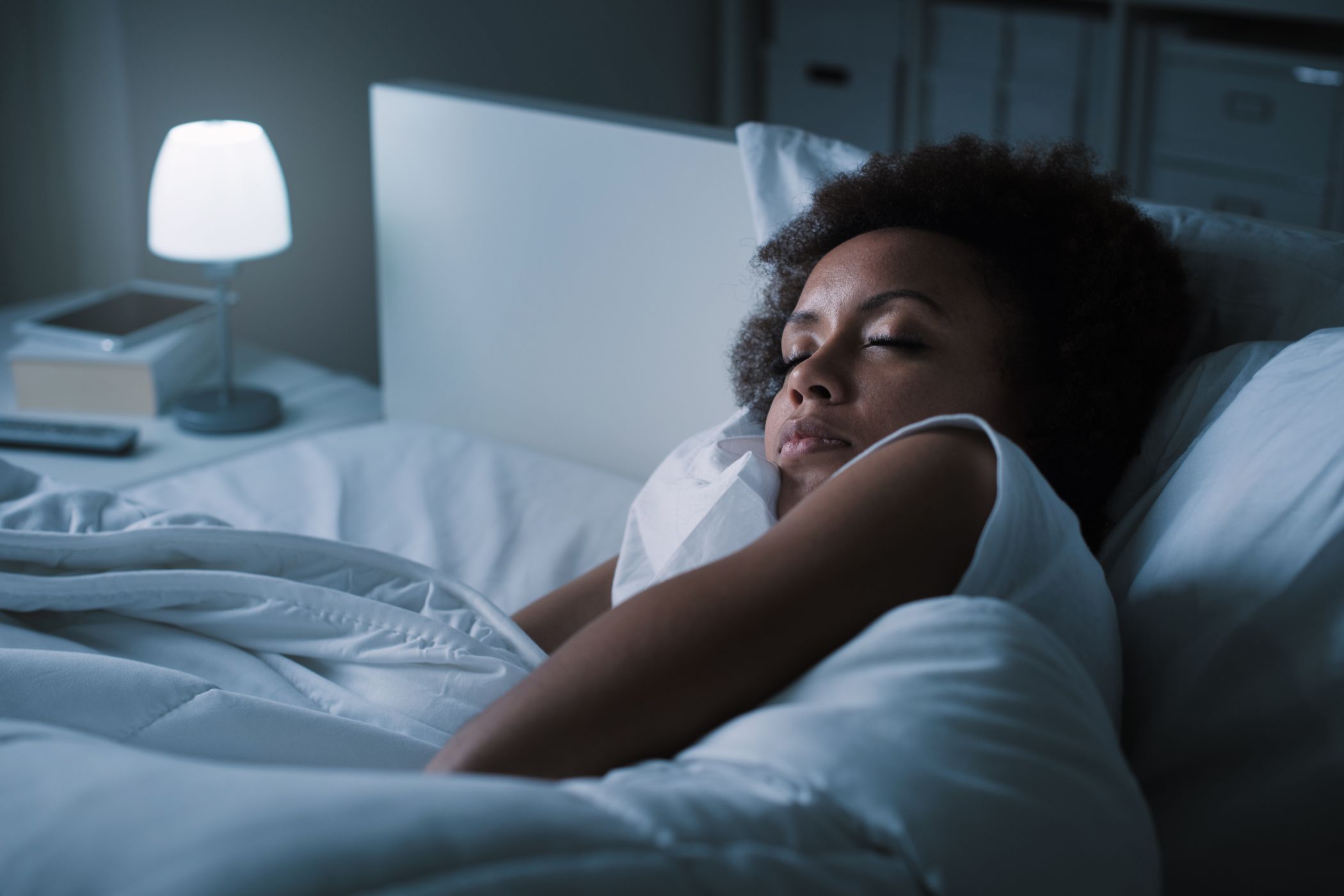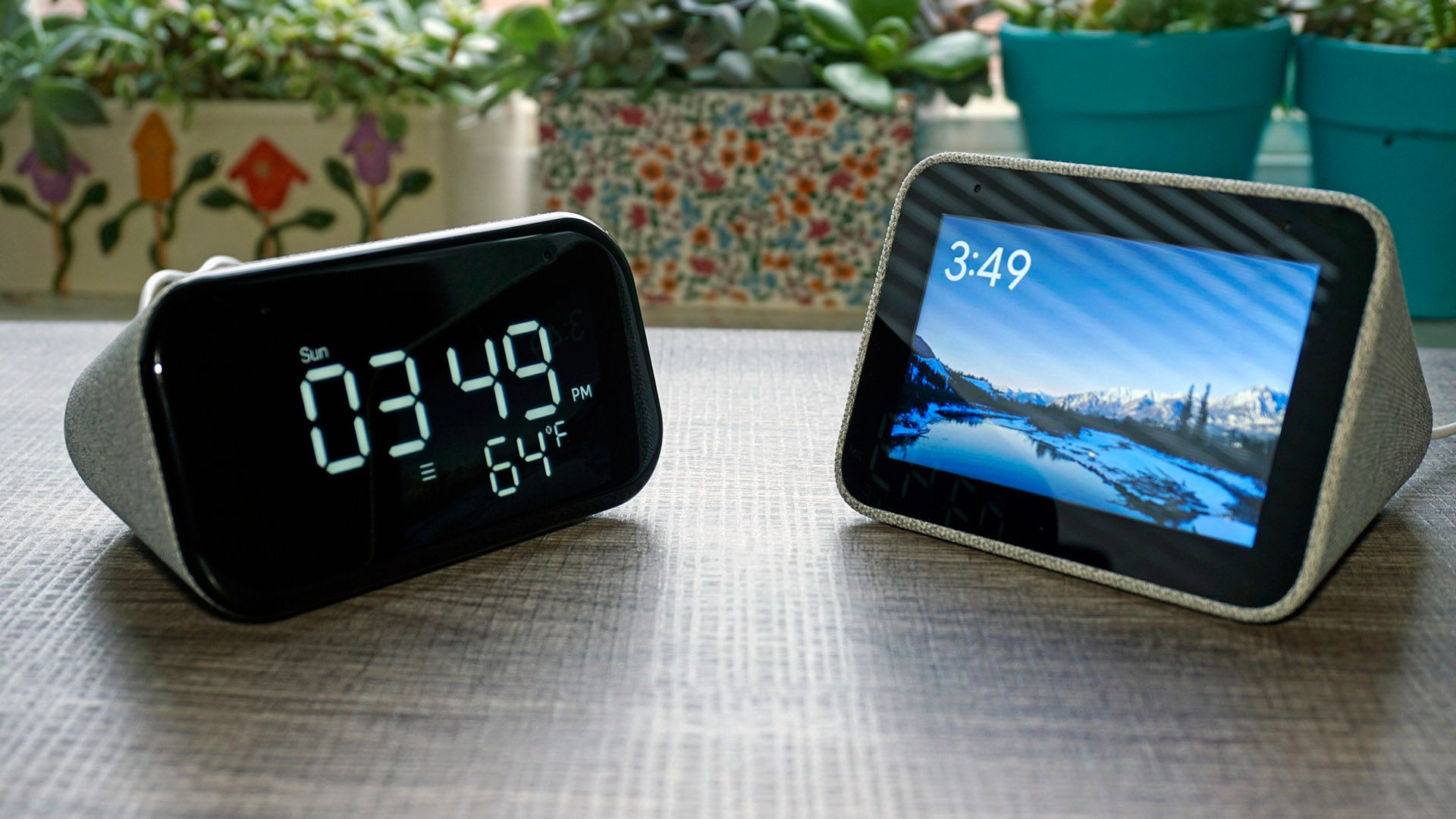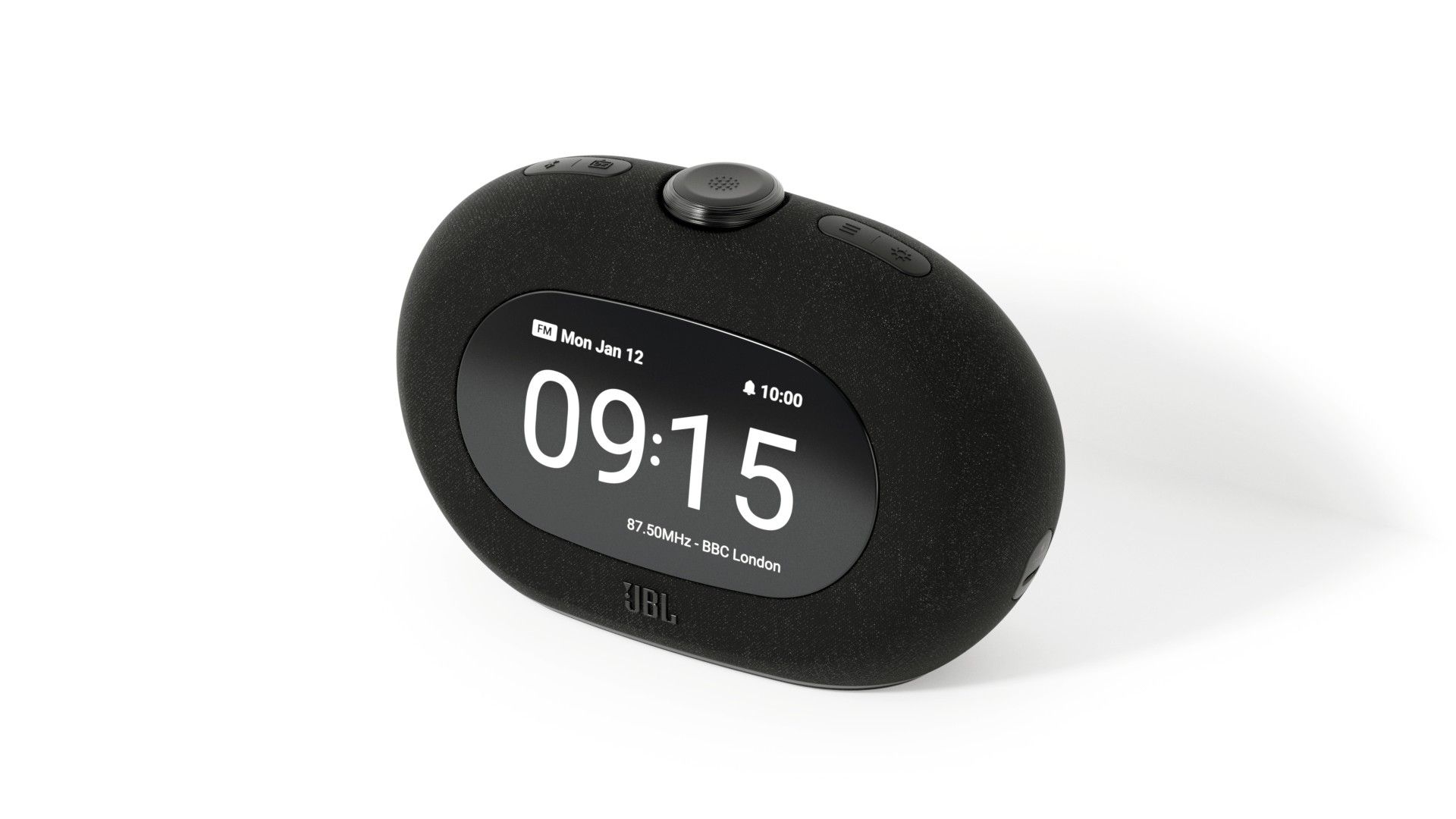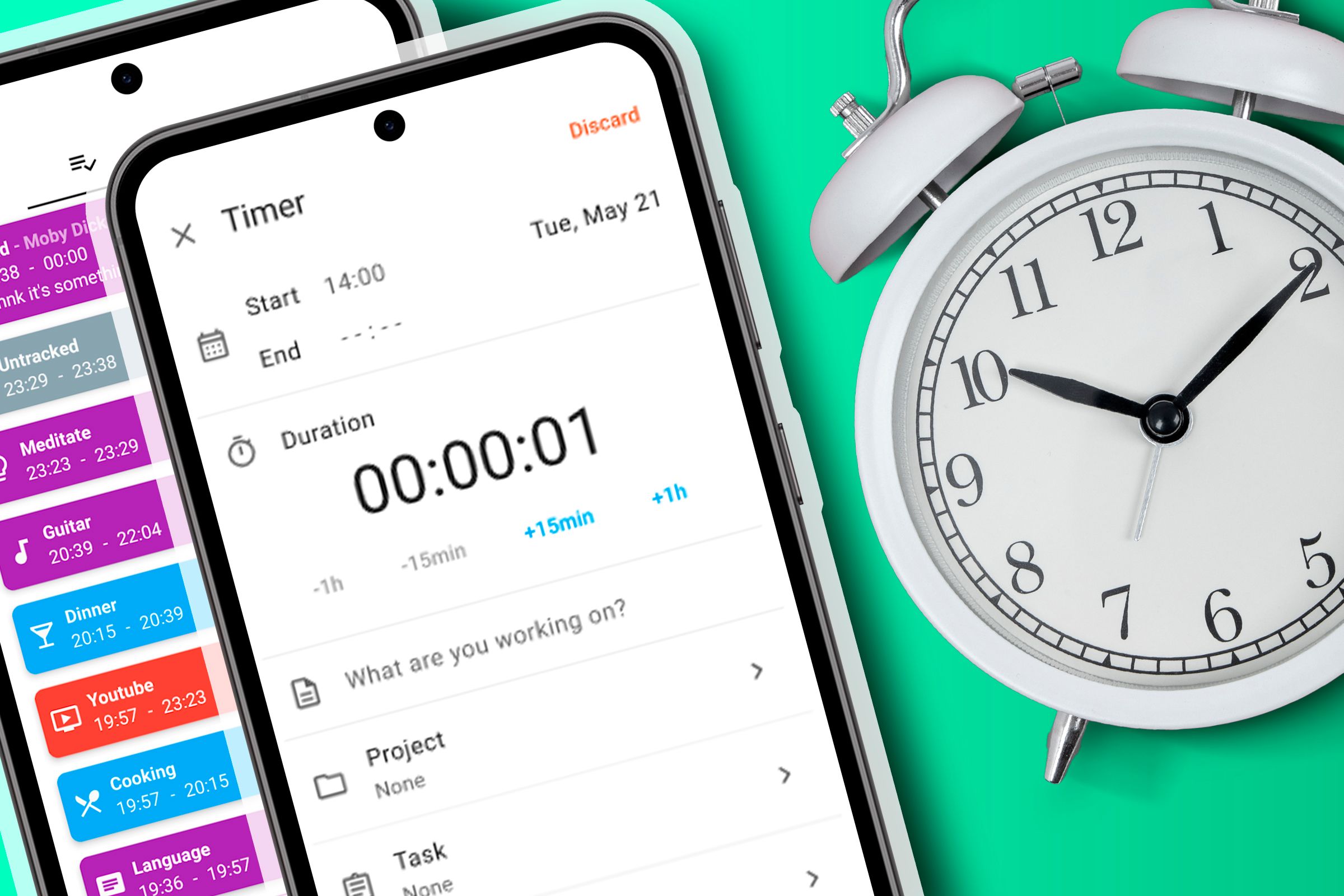Summary
- The appeal of smart clocks seems to be targeting the nostalgia that many have for retro alarm clocks, since replaced by smartphones and smart speakers.
- The practicality of a smart clock is still unclear since they don’t truly “untether” us from our phones but rather introduce another piece of tech to the bedroom.
- A basic, distraction-free dumb clock is all you need next to your bed, especially if you’re trying to escape tech at night.
It’s CES time once again, and that means the tech industry is showing off endless tech knickknacks to tickle our fancies. The one sector of these I don’t think I’ll ever understand is smart clocks, though.
I Understand the Niche Appeal
Like the target demographic for these clocks, I too have fond memories of my childhood bedside clocks. The days of using them to listen to FM radio and later my iPod was how I engaged with music on my own terms at home. Clocks were truly an irreplaceable centerpiece of my room up until the day that I got my first laptop.
I also understand that many people would rather keep their phones away from their bedside. I do, too. It’s distracting, especially with the advent of always-on displays. Sure, we have focus modes to stop notifications from getting through, but we all know that doesn’t stop us from reaching for the phone anyway and spending more time than we’d like to admit scrolling instead of sleeping.
It’s also possible that clocks with mood lighting may actively help some people sleep. Some claim that their methods are physician-approved. I won’t pretend I know better than doctors as I’m not the expert here. I totally get the need for a clock that offers that functionality for patients with sleep problems.
Does it need all the other smart features, though? My non-expert opinion still leads me to believe that it solves one problem while creating another.
Bed Is for Sleep, Not for Smarts
The problem with these clocks is that they aren’t really untethering us from our phones or smart homes, they are just another extension of them.
If you’re getting a smart clock, you’re paying a premium for its integration with your smart devices. I can understand the utility of changing the thermostat without getting up, but that about ends there. Everything else is a distraction from sleep, be it access to a digital assistant, taking phone calls, or listening to music. If I’m using these features, why not just have my phone by my bed? And if I’m not, why bother doling out the big bucks for a smart clock to begin with?
This isn’t to mention the gimmicky clocks of recent times, most notably the Nintendo Alarmo. As much as I love Nintendo, the Alarmo’s screen waking up every time I moved made it tougher to fall asleep while I was reviewing it. This isn’t to mention that its wake-up cacophony is something I could just set my phone to play instead without much functional difference, and with a lot less of a headache.
I feel similarly about most smart clocks on the market: they’re introducing unnecessary ambient light to what should be a dark space, and my phone is capable of just about everything they do (including distracting me from sleeping).
The CES Clock That Got Me Typing
A lot of these issues are present in the JBL Horizon 3, a smart clock just announced at CES 2025. This clock is touting enhanced bass in its speakers, smart home integration, an LED display, and a USB-C charging port.
For starters, even though the screen is likely dimmable, there’s no completely reducing the pesky blue light that could disrupt a good night’s sleep as it glares at you from the nightstand. This is also potentially true for any other devices you might charge using the USB-C port (for most people, it’ll be a glorified phone charger).
Also, enhanced bass just makes no sense in a product that should complement your sleep, not make your bed rattle. I suppose a nice booming sound could work as a great alarm, but I could also see it being intrusive if you’re using the speaker to play bedtime ambiance. Perhaps JBL will equalize the bass out of these pre-set auditory scenes, but ultimately, it just sounds like they’re trying to make a smart speaker and call it a clock.
I Want to Remove Tech From Bedtime Entirely
I admit that in saying all this, I’m a hypocrite. I keep a 3-in-1 charger next to my bed for my iPhone, Apple Watch, and AirPods. What I need are incentives to change this habit.
Gamification is one possibility. Some reward for putting my phone anywhere other than my bedside would be welcome, even if it’s just intangible self-satisfaction. Health apps could introduce streaks and achievements for keeping your phone away, much like those tied to fitness. Once someone’s got a taste for a healthy habit like de-screened bedtime, they can graduate to doing it out of personal preference.
Another alternative for those of us with smartwatches is to use that as an alarm instead and turn on Theater Mode (or a non-Apple Watch’s equivalent), a feature that immediately blacks out the screen when it’s not in use. There are Qi2 chargers on the market that support this. Admittedly, this still keeps us tethered to our tech at bedtime, but it’s a fair middle ground since we all need some kind of alarm.
The most ideal scenario, though? A dumb clock. I’m talking full analog: dials and buttons and switches with the most basic and tiniest of screens. A comically cartoonish hunk of bells and wind-up mechanisms you’d see in a Tom & Jerry cartoon. The type you can satisfyingly smack on the head to stop its alarm.
I’m being a little cheeky here (I could’ve suggested an egg timer), but honestly, every day I’m surrounded by more tech than I can even use for most of my waking hours. Remove the nature of my job and I would wager most people can relate to this sentiment in one manner or another. A dumb clock that lets us escape from our screens and other gadgets would be a refreshing way to end the day, and the tiniest dose of reality.
Smart clocks are probably the right fit for some people, even if that audience seems small given that major tech companies have recently dropped smart clock lines. But personally, I’d rather keep the bed strictly for sleeping (and that other thing… snacking).







